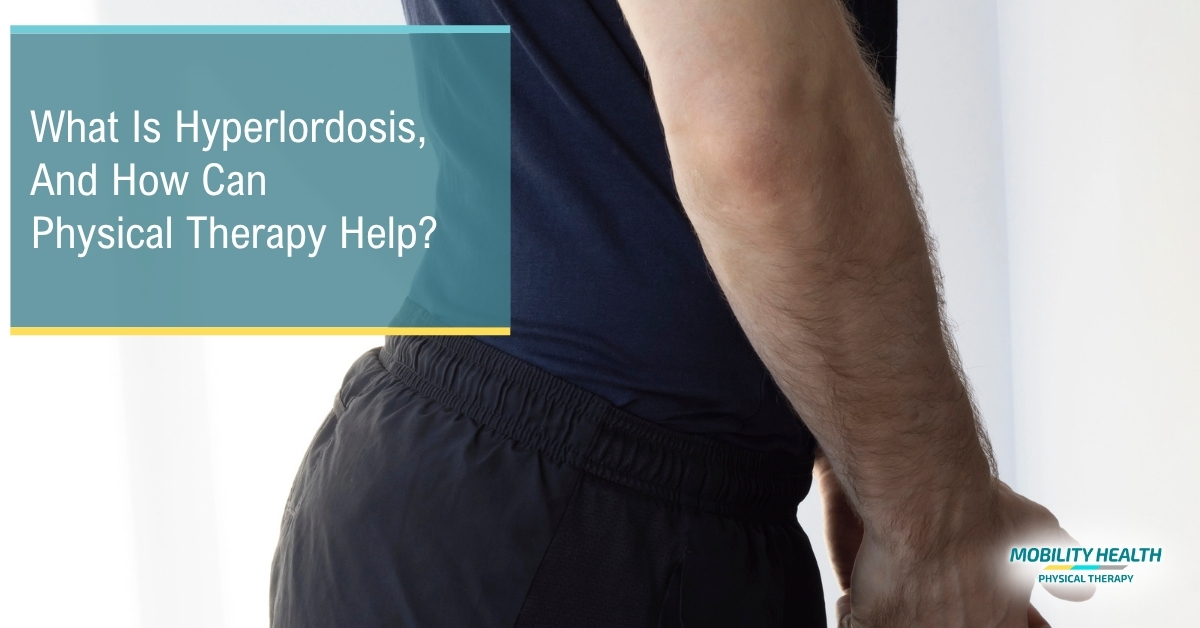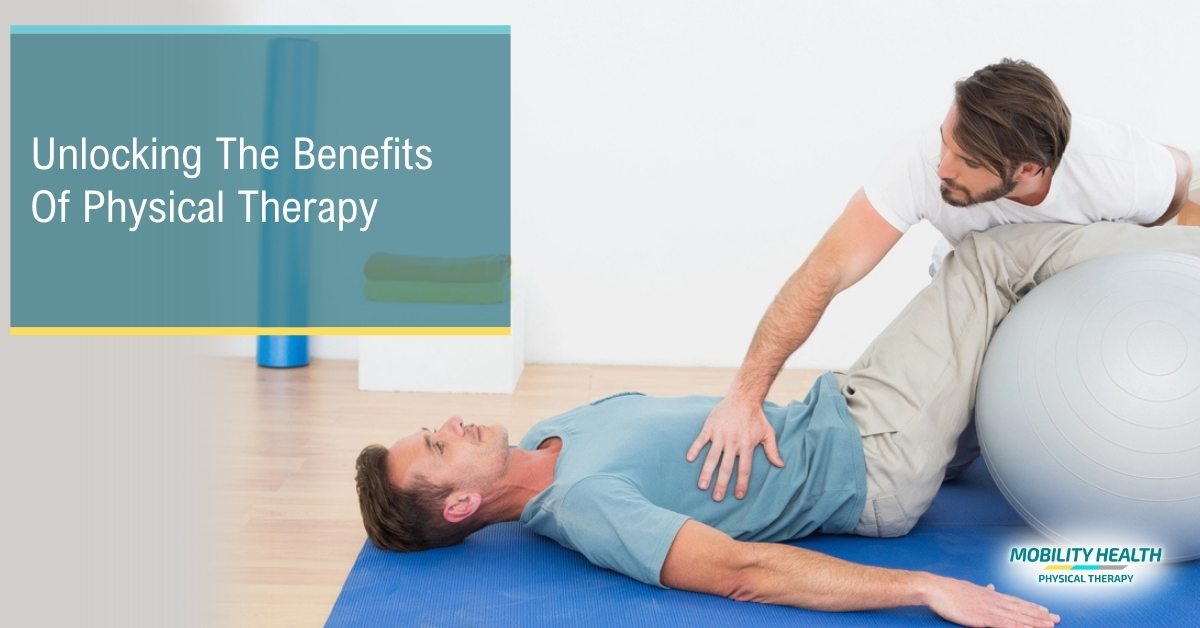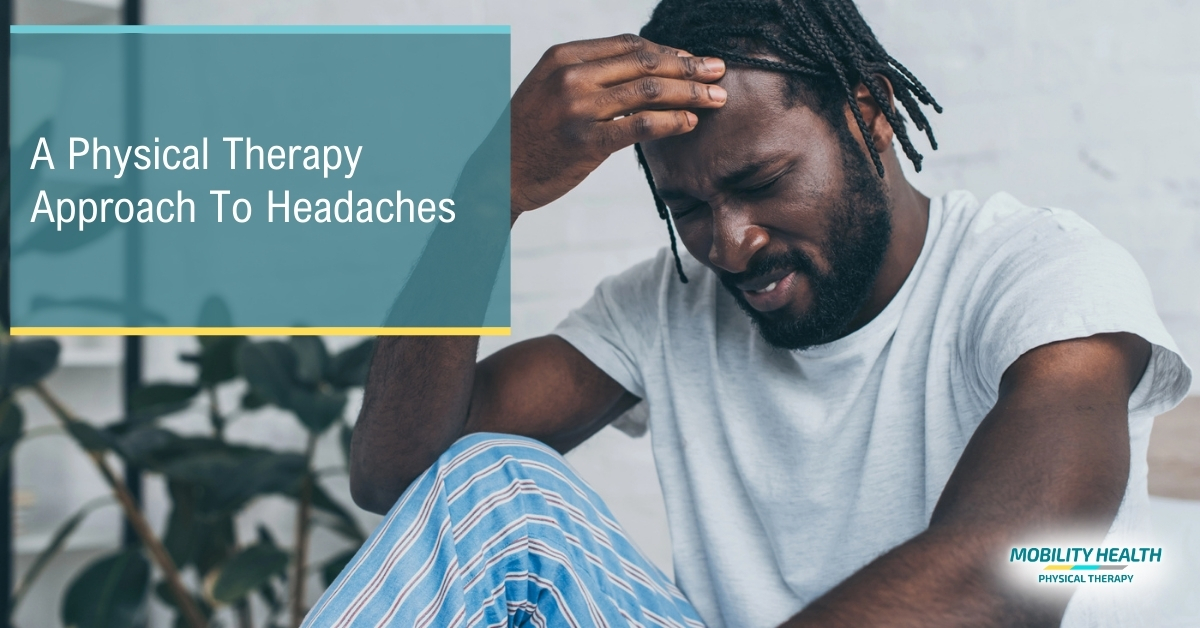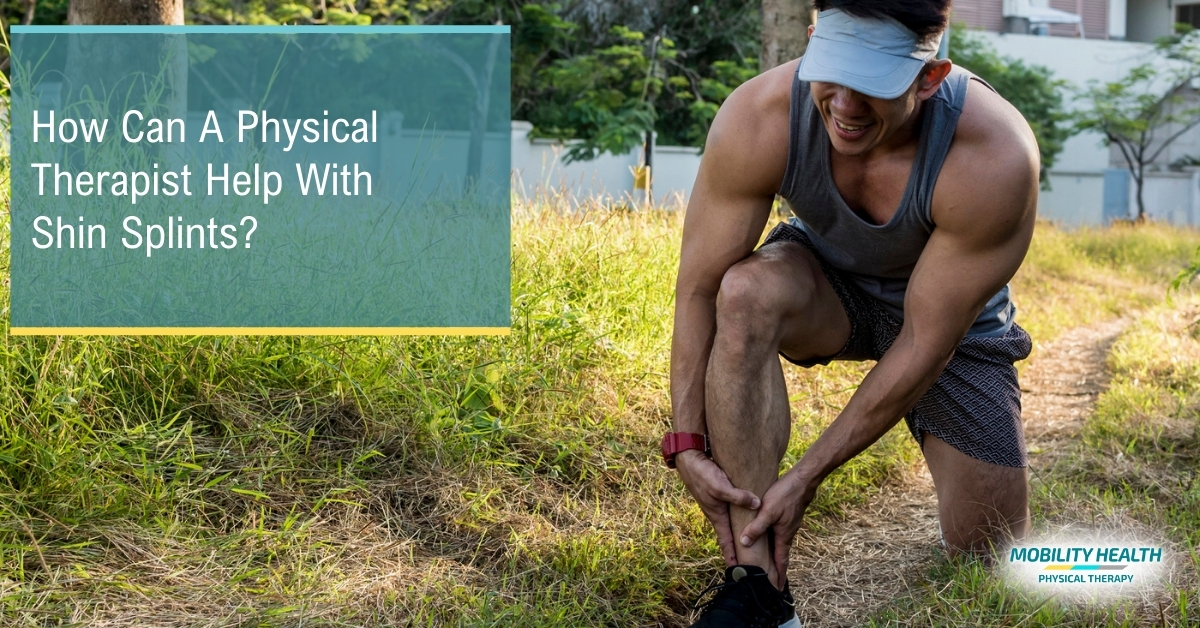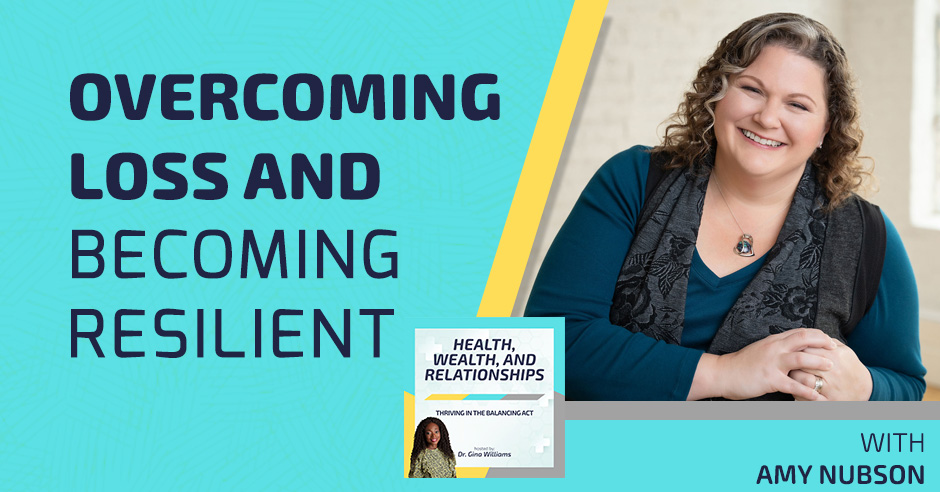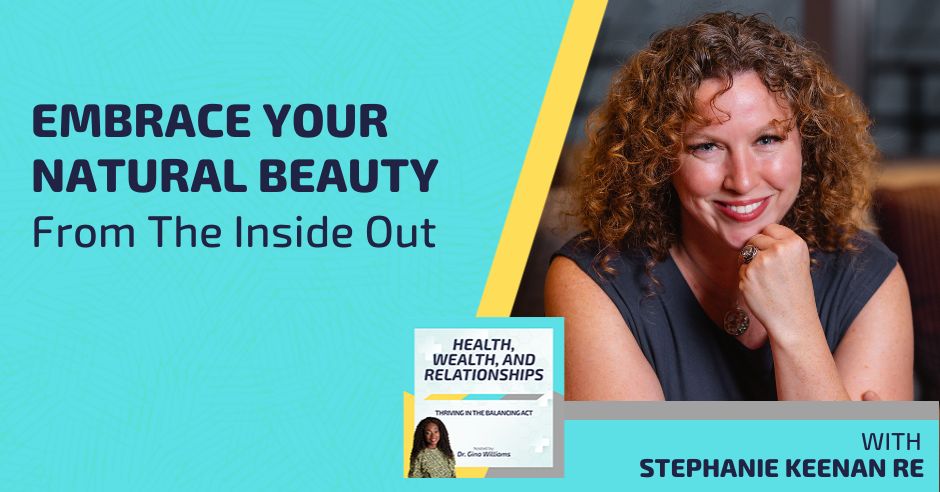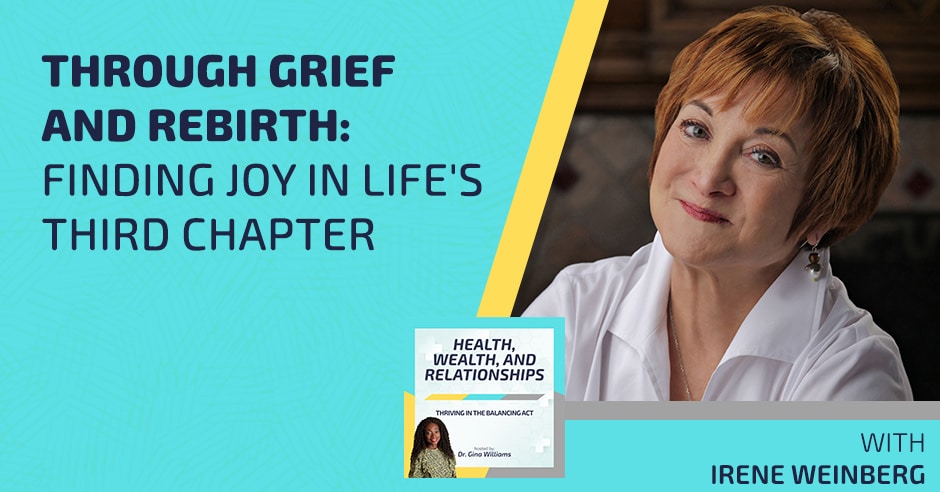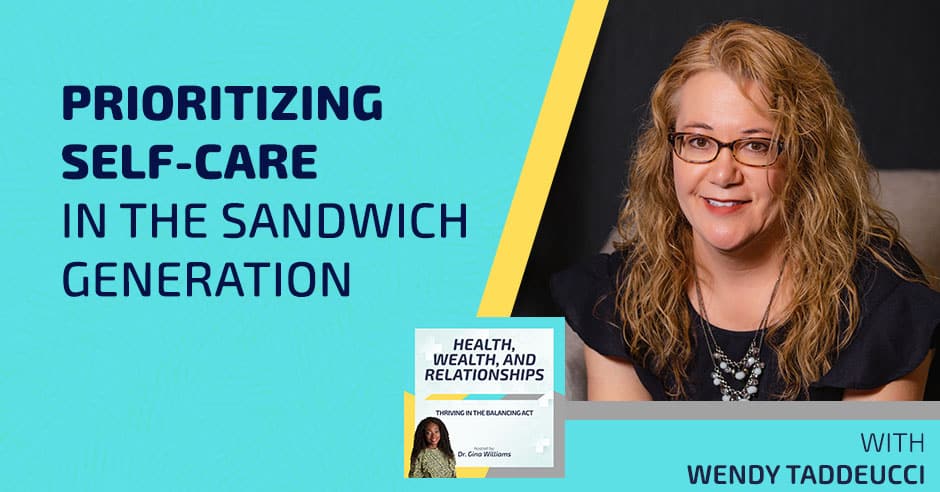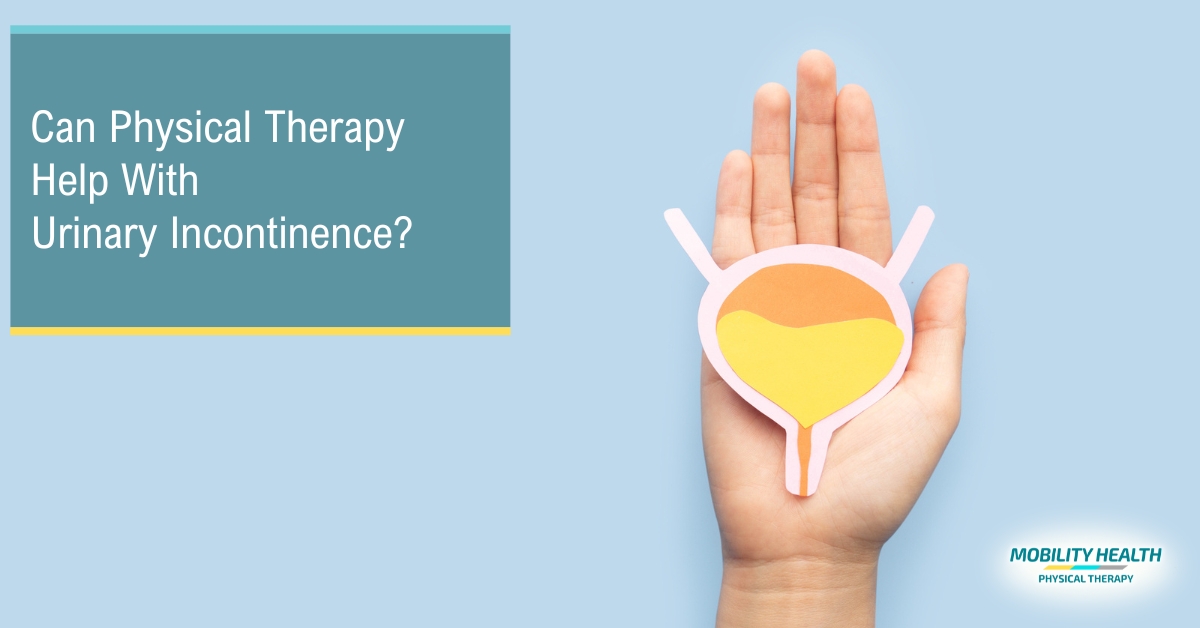

In This Episode…
What happens when a thriving career and a fulfilling life are shattered in an instant? Today, Dr. Gina Williams welcomes Avery Nubson, a master of marketing and design, whose incredible journey of recovery from a traumatic brain injury and chronic pain will inspire you. Discover how Avery not only navigated immense personal challenges but also resiliently reinvented his life and business. Get ready to hear a true champion's story of strength, healing, and finding a "nufire " within!
This Week's Podcast Guest

About Avery Nubson
I've been in design and marketing since 2001 and thought I would start my career creating CD-ROMs. Welp! That didn't last long, CD-ROMs went away shortly after that and I leaned heavily into website design.
Then eventually that migrated into branding and marketing where I work with many industries including physical therapy, therapists, chiropractors and beverage companies.
During that time I wrote and illustrated three award-winning children's books, Pandas Paint in Pajamas, Even Pretty Girls Fart and Explorasaurus ABCs.
However, partway in my career I was rear-ended and suffered a traumatic brain injury and chronic pelvic pain and have dealt with overcoming pain and dysfunction everyday.
Episode Conversation
Our guest on the show help wealth and relationships thriving in the balancing act is Mr. Avery Nubson. Avery Nubson is such a pleasure to have on the show. Avery began his career in marketing and design since 2001. He thought he’d start his career creating CD-ROMs. That didn’t last very long. CD-ROMs went away shortly after that and he leaned heavily into website design. That eventually then migrated into branding and marketing where he worked with many industries including physical therapy companies, chiropractors and beverage companies.
During that time, he won an illustrated three award-winning children's books, Pandas Paint in Pajamas, Even Pretty Girls Fart and Explorasaurus ABCs. However, partway in his career, he was rear-ended and suffered a dramatic brain injury and had chronic pelvic pain that he had to deal with and overcome. He has an amazing story of recovery still while trying to transition into his own business. Welcome to the show, Avery. It’s such a pleasure to have you. Everyone, you’re in for such a treat. He’s an amazing businessman and an amazing man. He’s such a resilient personality and his recovery with all his history of things and a champion is in our corner. Welcome.
Thank you. I’m happy to be here.
Let's dive right in. Avery, your background is, isn’t marketing or did you think about that first? What did you want to do when you grew up?
Career Evolution
I always wanted to do something with art. Ever since I was a kid, it was like, “Art or science?” I ended up into the arts but I didn't want to be an artist. I ended up doing a multimedia so being like a multimedia artist. I thought what I was going to be doing was going to be creating like CD-ROMs. This was like back in the late ‘90s where computers had a CD drive.

Everyone who is born after the ‘90s. This was the whole thing that everybody used back then.
Content came to you on a CD. I remember getting them in the mail and I stick it in there. They'd be like music videos and little clips of other stuff and all this cool stuff on there. That's what I wanted to do when I got into high school. I was like, “Let's try to learn all this new technology.” Once I got done with school, CD-ROMs were done for. I just migrated into doing web development and that led me into doing more web development and graphic design. Still a little bit of multimedia but not as much. Eventually, that led into more marketing role.
Anything from like branding, company logos to like their overall messaging to advertising and anything that fits under that marketing umbrella. I had a little bit of a hand in but for me, it's always the visuals. It's like, how do things look? I want things to look cool and good. It's like, do we want to do video work? Do we want to do radio ads? Do we want to do like a printed piece? I've done a wide range of stuff from that.
A lot of my clients in the past have been like physical therapy clinics to smaller other medical practices to like counselors and massage therapist. I always had a little bit in the hand on the house side too with some of the marketing stuff that I've done. Now, going back into the art, I've also written and illustrated three children's books.
He's downplaying things, award-winning amazing children's books. He's got the art piece and the creativity piece and is able to make wonderful books for children to read.
My first book is called Pandas Paint in Pajamas. It’s an animal alphabet book. It’s full of funny alliterations where every animal is wearing human clothes and doing something animals don't normally do. I would go to schools and read the books. That was fulfilling. I had a lot of fun doing that stuff.
I self-published them back in a time where self-publishing was hard to do. The first book came out in 2008. Amazon wasn't around as to create space or print on demand. What I was looking for was full color and I wanted hardcover. Both of those two things also weren't in the print on demand. They weren't available. I printed overseas. I figured out how to print 1,500 copies overseas. How do you do the barcode and the ISBN number and all of that stuff. I ended up getting a case of, it was like a palate worths of books then. It got delivered and there were about 40 copies in a case. Each case weight about 45 pounds.
I can’t imagine how heavy that was. People were so lucky these days, but it's not so long ago when you think about the early 2000s. We were doing things like, men and women trying to get things done. It’s remarkable that all those pieces you were able to put together for yourself. That's remarkable. That alone is a whole other business. You could have helped people at that time because finding the resources was such a challenge then.
Yes, especially at that time. It was very hard. I did do a couple of other people's books as well. I've helped them. I didn't do the art for them but I helped them figure out a manager printing for you so you don't have to talk to these agencies that are overseas. The biggest challenge was I sent you a check for $8,000 or whatever. Am I going to get my books in six months? I don't know.
Fingers crossed.
Once they're printed, then they have to come over by boat and that takes a long time. I'm in Minneapolis. At the time, I lived in Fargo, which is further North. They landed in California and then they took a train from California to Chicago and then I think they went to my final destination by semi-truck. The company that I use, they figure out all that stuff, so I didn't have to do that portion of it.
It’s still quite a journey to get your book. Unbelievable. Avery, tell me a little bit about your personal journey and also discuss how your creative designs help you have some income during the time of your healing as well.
The Profound Impact Of Traumatic Brain Injury & Chronic Pain
In 2014, I was rear-ended in a car accident. I was sitting at a red light and a tow truck hit me from behind and smashed me into the car in front of me. I've had just ongoing chronic pain from that and traumatic brain injury and a bunch of weird stuff has come and gone but I'm still going through. Part of my injuries were like pelvic floor injuries. I’m still doing pelvic floor and physical therapy for that even many years later.
Being a business owner and having all those injuries, it's like you don't know who you are anymore. It's like I've lost my sense of self and my sense of worth. Everything was just gone. I had a lot of anger issues after the accident and couldn't do basic math and basic functions. At some point, because I was doing a lot of web development at that time, I couldn't understand what I was looking at. I was doing some back-end coding on the site like the day before. A couple days later, I’m doing it again and I didn't know what was what.
Being a business owner and dealing with all those injuries, it feels like you don’t know who you are anymore. It’s like I’ve lost my sense of self and my sense of worth—everything was just gone.
You couldn't recognize your own work even. Unbelievable. I'm glad that you're very open about the different types of emotions that you felt because each emotion is okay to feel but often, we don't express and share when things happen to us in injury. Our body and our mind go through all these different feelings and they're all appropriate in different stages. Sometimes, you feel good one day and then you're not as good another day and it's all okay.
One of the biggest challenges is like, is this is all my head? Am I making it all up? I feel fine now but then in a week, am I not going to feel fine? Is my pain going to be there? If it's gone, what's happening now? Your body just gets so confused and then that throws off your mind. You wake up that morning and you don't know what the day's going to be like. You don't know if you're going to have good day or a bad day. Being a business owner, you don't get to take days off.
That is so true, 24 hours, 7 days a week. You are the business. Did your partner or your wife helped? Were you able to discuss that with her having the dramatic brain injury to say, “This is what we should do next?” Did she take the reins? Did you go to the counselor recommended? How did you come across that bridge?
Nothing happened quickly except for the accident. That happened like in a few seconds, but everything after that took forever it felt like. Even when I realized like I wasn't able to do the work, I still kept it hidden and tried to pretend like I could do it. It just ends up making our clients frustrated and I was frustrated. My wife and I worked together at that time and we still do. We started our business in 2008.
This is about like five years into our business and things were going great up to that point but I didn't have the courage or the heart to tell her. I can't do it. I don't know what I'm doing. Hiding that just made everything worse. I went to the ER and the doctors were like, “You're young. You're going to bounce back. You'll be fine in a couple weeks” Weeks, months, and eventually years roll by and things aren't getting better. I started counseling probably about a year after the accident.
Did you go to counseling because you felt you needed it or were you looking for somebody to talk to at that time?
A little bit of both like somebody to talk to. I was starting to lose friends and my family was just disappeared. They thought I would be fine and things would be back to normal and that wasn’t happening. The counseling started out one-on-one sessions for myself. It was a couple of times a week. That helped a lot to get things going but then my relationship with Amy started to get rockier.
We did eventually go to couples counseling three years into it. At one point, Amy looked at me and said, “I loved you but if things don't change, I'm going to leave.” That's when I realized how bad things were. I was in my head so much of the day thinking, I can't do my work. I'm worthless. I have no purpose anymore. I didn't realize how bad things have gotten for everybody else around me, too.
It takes a strong partner and a strong relationship for your wife to come to you and say, “Something's going on. We need to do something about it.” Especially her knowing that you're recovering and you're not your usual self every day. That's remarkable that you guys were able to come to a middle ground and say, “Let's do something about this. We care about each other.”
You mentioned being in the ER and some not being acknowledged completely or being said, “You'll get better.” Oftentimes when you are younger and/or if you're injury is not seen on the exterior that often these discriminations that many people face and I've faced that myself. Can you talk a little bit more about that and how you were able to be heard?
In the ER, I had a little bit of neck pain and a little bit of shoulder pain after the accident. That was it. A month later is when my pelvic thing started and I was like, “I don't know what's happening.” It took me at least six more months after that to find help. I didn't know what was happening and they said, “You're going to be fine. Go home. Take some ibuprofen.” It wasn't fine. Even with the brain injury, I think about four years later that I was able to get a diagnosis of having one.
It was a battle. I had to advocate for my own health a lot and that's hard to do when you are already in a lot of pain and already feeling like your world around you is crumbling. The last thing you need to do is stand up for yourself. All the people that are supposed to be experts in guiding you and I’m like, “You’re not listening to what I'm saying. I think I do need some more treatment. I do need something else.” They're like, “You're going to be fine. You can go home.”
I had to advocate for my own health, which is hard when you're already in pain and your world feels like it's crumbling. The last thing you want to do is fight for yourself.
What would you recommend for someone in a similar situation of struggling to be heard by the practitioners around them?
If possible, keep looking for somebody. When I lived in Fargo at the time, there was only one public health person. If I didn't find a good one, that was the only option. I did find somebody that was good. Their practice ended up bringing in a lot more pelvic health people and training a lot in that Fargo area. There's about 250,000 people that live in the area, so it's not super huge but there's enough people there. There could be a need for that. If you have the option to look around, do it.
I moved to the Minneapolis area, which is about four hours South. A lot much bigger population, but I've had to go through lots of different public health therapists only because I haven't found one that hasn't been as great as some of the other ones I've had in the past or insurance issues where they're like, “I’ll see you for a short amount of time, then you have to like take a break and you have to come back,” or there's been turnover.
There's a lot more challenges with keeping consistent care with somebody with the same person. It's almost like you're just always going back and explaining the story again, explaining the past like, “This is what I want to continue doing going forward.” It's a lot. If you give up, then you lose. The option is to not give up.

Financial Turnaround & "Profit First" Strategy
That's so important for everyone to know. With all these challenges and things going on with your health, how were things financially?
I was the main source of income for the business. Amy sold projects then I did the projects, especially a web development or something that needed some programming or coding. That wasn't happening. Some of our customers were like, “This isn't getting done. We want a refund.” Financially things were getting worse and worse. Eventually, we were able to turn it around and get out of the medical debt that had accumulated. It took a lot of effort and discipline on top of everything we were already going through, too.
What was the pivot point? How were you able to turn it around? Help us understand a little bit more about that.
It's somewhere in the middle of all that. We read a business book called profit first and put your business profit and expense formula backwards. Instead of like revenue minus expenses equals profit. It was revenue minus profit equals expenses. You would take your profit out and distribute that into different savings accounts. You would pay yourself first, your taxes and then your savings then everything else. You would get your expenses to fit for what you had left over and that was a big part of it just to do that.
A few other things that helped, too. I was able to qualify for Minnesota care which is Minnesota based health insurance because of the accident and the injuries. That helped without having a huge insurance expense. It took some time but we ended up selling our house. Part of the thing that happened with the recovery is I fell in love with traveling and traveling is hard when you're in pain but it was worth it. In 2018, we sold our house to travel more and that helped as well. Now, we had some like income to travel and that was a big chunk of just getting that stuff paid off as well.
If you're stuck to one place and you have those expenses, it is hard to manage. Also, for travel. Visiting different places puts your mind in a different place. Seeing new things. You're focused on your healing so much, but your mental will help you heal because you're exploring a place that you've always wanted to go or a place you’d love to visit. That's awesome.
The type of traveling we would do is we would drive from Northern Minnesota all the way across the country. We drove to Pensacola. We’d spent a few months there. We would do in the winter time. The cold winters, I couldn't handle anymore. As soon as it got cold, my pain would flare up and there'd be ice and snow everywhere. I didn't want to slip and injure myself some more. One of the things we got to do was go away from the cold for a certain amount of time.
We did that for 6 years, 6 winters in a row. A goal of ours was to spend our 20th anniversary, which happened in 2020 in Europe. We didn't get to go to Europe that year but we did in 2023. We spent three months in Europe. We did six years of winter traveling and then we did a three-month European trip. In 2024, we just did a short trip to Albuquerque, New Mexico. A third time going there, we were there for about ten days.
That's amazing. How do you work on nurturing meaningful relationships personally and professionally, regardless of what you have going on and not being overwhelmed?
Sometimes, it's like my counselors would say. It’s something like, how full is your cup? Maybe now you only have an 8-ounce cup and you can't take on extra stuff. I'm just feeling my energy and my body. Do I feel like I can do more now than I could yesterday? Do I feel like it is going to be overwhelming with what I already have to do? Leave it at that and just be like, that's okay. I know I can do something the next time.
How full is your cup? Maybe right now it’s only eight ounces, and you can’t take on more. Listen to your energy—can you do more today than yesterday, or will it be overwhelming? If so, that’s okay. You can try again next time.
During the worst of my recovery, I missed out on a lot of family stuff and social stuff just because I didn't have the capacity to drive three hours to go do a family weekend thing. Sometimes, I didn't want to drive across town and do something with friends because it was just too much. It's just knowing what you can do. Luckily, I was self-employed or still am self-employed. I have the flexibility to give myself that freedom. Having a job somewhere, maybe I wouldn't have do that as well.
You were lucky to give yourself grace in both the amount of work you did and even commitments. Sometimes, we internally feel obligated to make it to every event or do every task in our job but understanding that time for ourselves is not counted as not showing up. It's showing up for ourselves.
I know now if I push through something, I probably am going to screw something up and I'll just have to fix it the next day.
That's true. Know your limits and giving yourself breaks, whether it's retreat or drive or just taking a nap or listening to music just to change things. It can help prolong your wellbeing and making more productive the next day.

One thing I did a lot of too doing was I did a lot of meditation. I typically did meditation after the work day and had guided meditations I listened to. A lot of them were like getting out pain of meditation. That's the theme. Some of them were an hour and some of them are twenty minutes. Depending on which one I felt like I could go through and do. After work or after supper, I would do that. I do have a minor in oil painting from college.
I got back into doing oil painting and journaling. I did spend a lot of time listening to music. Somehow, after the accident my taste in music changed. I used to listen to rock or folk music. Now, I listen to more reggae and hip-hop music, which I didn't listen to that all before. Now I have this wide diverse of music I listen to. I listen to music from other cultures. You can experience how life is for somebody who isn't you and it's a good way to do that.
It gives you a big perspective. That's awesome. Did you meditate before your accident? Is that something that you used to do or something that you added on post-injury?
I did it off and on. I had gone through some patient courses and things where it was almost every day for, I think like at the same time every day and it was a guided meditation. That program was like a year and I didn't do it for a long time then I just do it every so often. After the accident, I focused on it. My counselors recommended doing that and my PTs recommended doing that, too. Nervous system is just so ramped up. Your body doesn't know how to turn itself off and relax. Try meditation. Try taking a hot bath.
Try doing some of these different things that are more gentle. I was active before the crash, too. I would do a lot of long bike rides or inline roller skating. Mostly bike rides. I did a lot of stuff like that too and I just couldn't do it afterwards. I beat myself up for not being able to be active as I was before. I could barely get around the block for the first year of the accident. My body just hurt so much.
How did you continue? Sometimes, someone may get depressed with the fact that they're not as active as they were before and they're still stuck in that phase where they haven't reached a goal of being active again. What made you stay resilient?
Adapting Activities & Embracing Self-Care For Well-Being
I think part of what I did was I changed the level app activity. Maybe instead of biking or mountain biking or road biking, I do a little more stand-up paddle boarding.
That's cool, too.
I'm in Minnesota. There are lakes everywhere. That's something I can do that's low impact. It's not hard to travel with. I have one that's an inflatable, so I can roll it up when I'm done and throw it in the car. Also, hiking. As me and Amy would travel, we would look for places that we can both hike. I got used to hiking and moving a lot more that way. She got over her fear of fights because we went to places that had higher elevation and that was something that we could do together. We didn't do a lot of those activities together before. I did the biking on my own but the hiking, we can do together. I was looking for little shifts in what I can do. I might not be able to bike again. I've tried a few times. I didn't find it as enjoyable.
Find things that are enjoyable. You're thriving in the balancing act and finding what works for you and pushing forward. That so amazing. Thank you so much, Avery. If any readers want to find out more about you and your work, where should they go?
My website is NufireCollective.com. It's a playoff of my last name, which is Nubson and then like creating new and with the nufire like a new fiery energy.
Creating new fire in your business and in your life. If anyone reading wants to know the more of this show, please go to MobilityHealthPT.com. Thank you so much, Avery.
Thank you.
